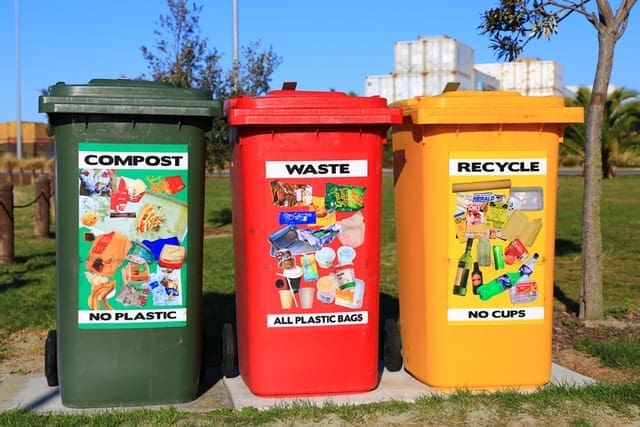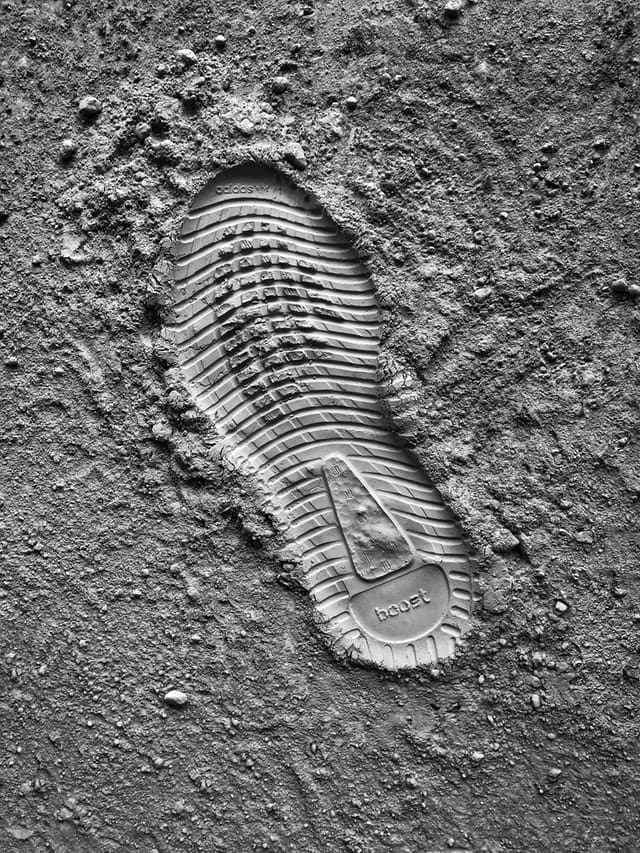Saving yourself money is not the only reason to reduce your ecological carbon footprint. There are plenty of reasons to go for environmentally friendly options. When considering food, excessive water use, waste, and transportation, it is evident that there is a need for quick and sustainable actions towards using greener energy. Climate change is usually overwhelming. There are many unknowns, and our choices every day can lessen the impact on the environment. Using gas over electricity is one or using solar energy over energy from fossil fuels. Even the choice of using electricity compare to energy rates between providers can save the earth from a considerable amount of damage. Everywhere around us, we can find areas to improve on regarding our ecological carbon footprint. You can use the following suggestions to reduce your ecological carbon footprint and help the earth.
1. Reduce your use of disposable plastics:
All the plastic ever made by humans still exists on earth. A study found that shopping bags are used for only an average of 12 minutes before we dispose of them. Other single-use items are also discarded quickly, adding to the total plastic waste. It would be best to change to reusable things like water bottles, reusable shopping bags, and cups. Decide to refuse to use plastic as much as you can.
2. Make a switch to renewable energy:
did you know that the energy sector produces enormous greenhouse emissions? That means your continued use of non-renewable energy adds to the amount of carbon dioxide in the atmosphere. You can check what renewable energy plan is best for you using electricity compare. If you have the budget for solar-based energy, that might be the perfect fit for you. If you do not have the budget, however, there’s a myriad of ways to reduce your non-renewable energy consumption.
3. Reduce your Waste:
Landfills are filling up quickly and consuming more space. What do we do when most of them close up? You can do your part to prevent that by reducing the amount of waste you create. Always make sure to recycle plastic bottles, or make a point to use reusable water bottles. Be sure to check the waste management guidelines of the area you live in and make sure you are doing things the right way.
4. Recycle Diligently:
Regular recycling helps conserve resources and reduce the pollution released into the atmosphere. Becoming a master recycler takes a lot of pressure off the environment in the long run.

5. Reduce your water use:
Good water is a finite resource, and it takes a lot of energy to purify. The two largest consumers of water are showering and bathing. We can achieve many reductions in water waste by taking fewer or more short showers.
6. Choose organic foods:
Organic food is produced without harmful chemicals and pollutants. Always elect for the greener option when buying your food.
7. Drive Less:
Vehicles emit a lot of greenhouse gases. Going without a car for just one year can save about 2 tons of carbon dioxide. You can use the train, bus, or a bike as an alternate option to driving.
8. Spend Wisely:
Consider if you need some unnecessary items before purchasing them. This will reduce the amount of unnecessary waste you have to produce when you need to replace things. If you invest in quality products, you will reduce the waste output to landfills, thereby reducing your ecological carbon footprint. The simple slogan to follow is “Reduce and Refuse.” Cut down on items you don’t need and refuse things you don’t need.
Final Thoughts
The global community faces a major climate crisis, and the world is changing faster than we know. It’s a good thing we all have the power to change the world and create a world we want to see. It starts with you; you can reduce your ecological footprint by choosing greener options. A green energy source is also essential; you can find the best one for you in your location by using electricity compare.
Featured Photo by George Evans on Unsplash




